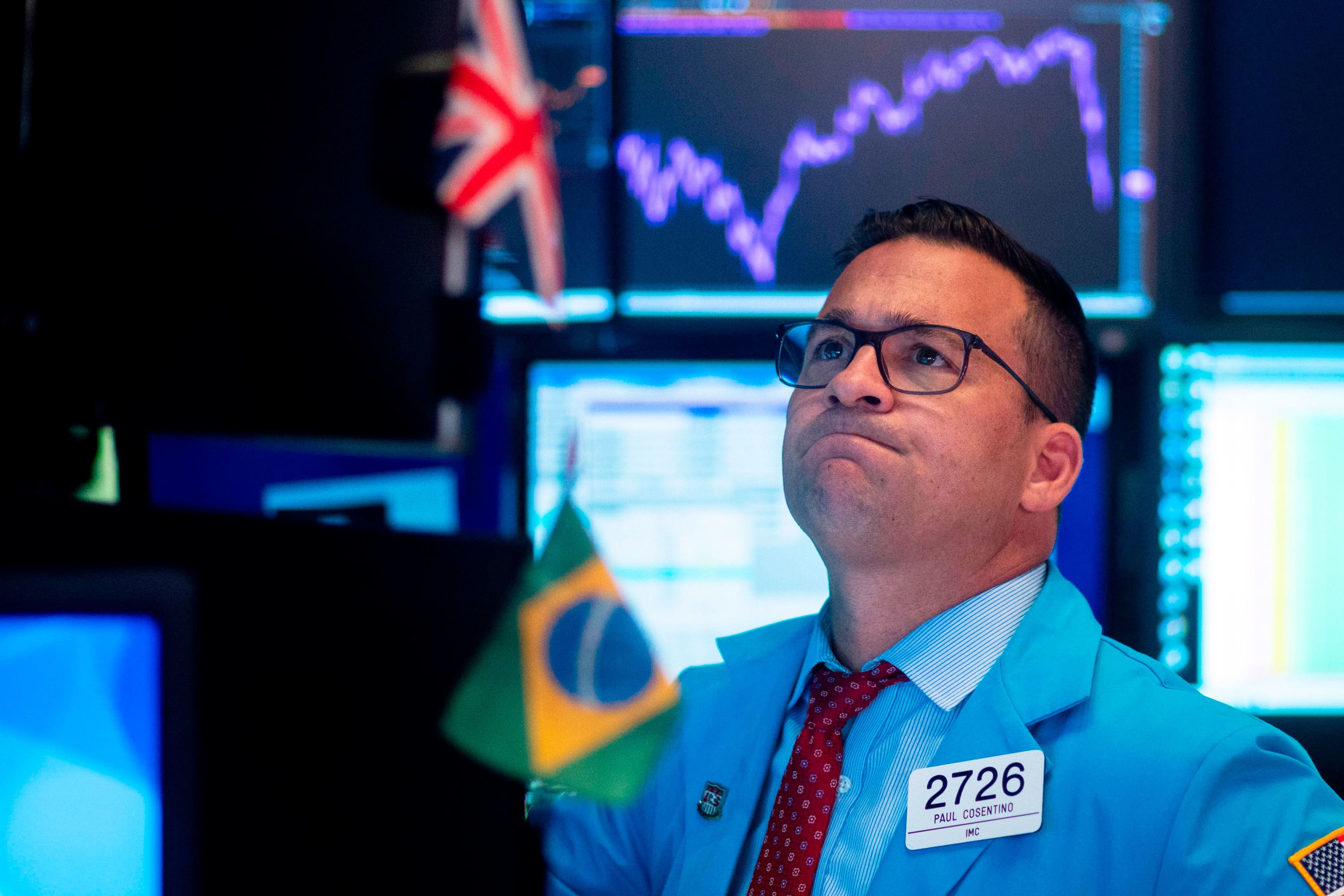
The stock sell-off deepened on the last day of January on concerns that the deadly coronavirus will disrupt the global economy, and in the process ruined an old market indicator that was signaling a positive year.
As goes January, so goes the year — this Wall Street saying from the widely watched “January barometer” suggests a correlation between January’s performance and full-year returns.
Going back to 1950, when the S&P 500 was positive in January, 86% of the time the full year turned out to be up with only 10 major errors through 2019, according to the Stock Trader’s Almanac, which identified the seasonal signal.
The track record is even better in presidential election years. Since 1928, when January is up in an election year, the year is up 100% of the time with an average S&P 500 return of 16.6%, according to Bank of America.
Friday’s losses erased all the earlier gains in January for the S&P 500, with the index down about 0.2% on the month. The Dow Jones Industrial Average has turned also red for January, down 1%. Perhaps the indicator now is signaling a volatile year we may have ahead.
Investors were caught off guard in the middle of January when the coronavirus spread from China to the U.S., causing a broad sell-off in risk assets. Now, the number of confirmed coronavirus cases has risen to 9,782 in mainland China, bringing the global total to almost 10,000 cases with at least 213 deaths. Major U.S. airlines also announced plans to suspend their already reduced service to China.
“Uncertainty is never great for stocks, but when it involves the lives of many, many people, it’s impossible to know just what kind of problems this uncertainty will eventually create,” Matt Maley, chief market strategist at Miller Tabak, said in a note.
The late-month sell-off may portend more trouble ahead for the year. On the politics front, the stock market has started to worry about Bernie Sanders gaining momentum in the presidential pool. “Bond King” Jeffrey Gundlach labeled Sanders a “scare,” warning investors that the biggest risk to the markets in 2020 is the Vermont senator becoming “more believed in as a real force.”
“Elevated policy uncertainty usually leads to lower equity valuations and higher implied volatility in the months ahead of Election Day,” Ben Snider, Goldman Sachs equity strategist, said in a note. “The wide range of the various candidates’ policy views and the narrow range of polling and prediction market data indicate a particularly uncertain environment this year.”
— CNBC’s Nate Rattner contributed to this report.
Correction: The number of confirmed coronavirus cases has risen to 9,782 in mainland China, bringing the global total to almost 10,000 cases. An earlier version misstated the figures.



